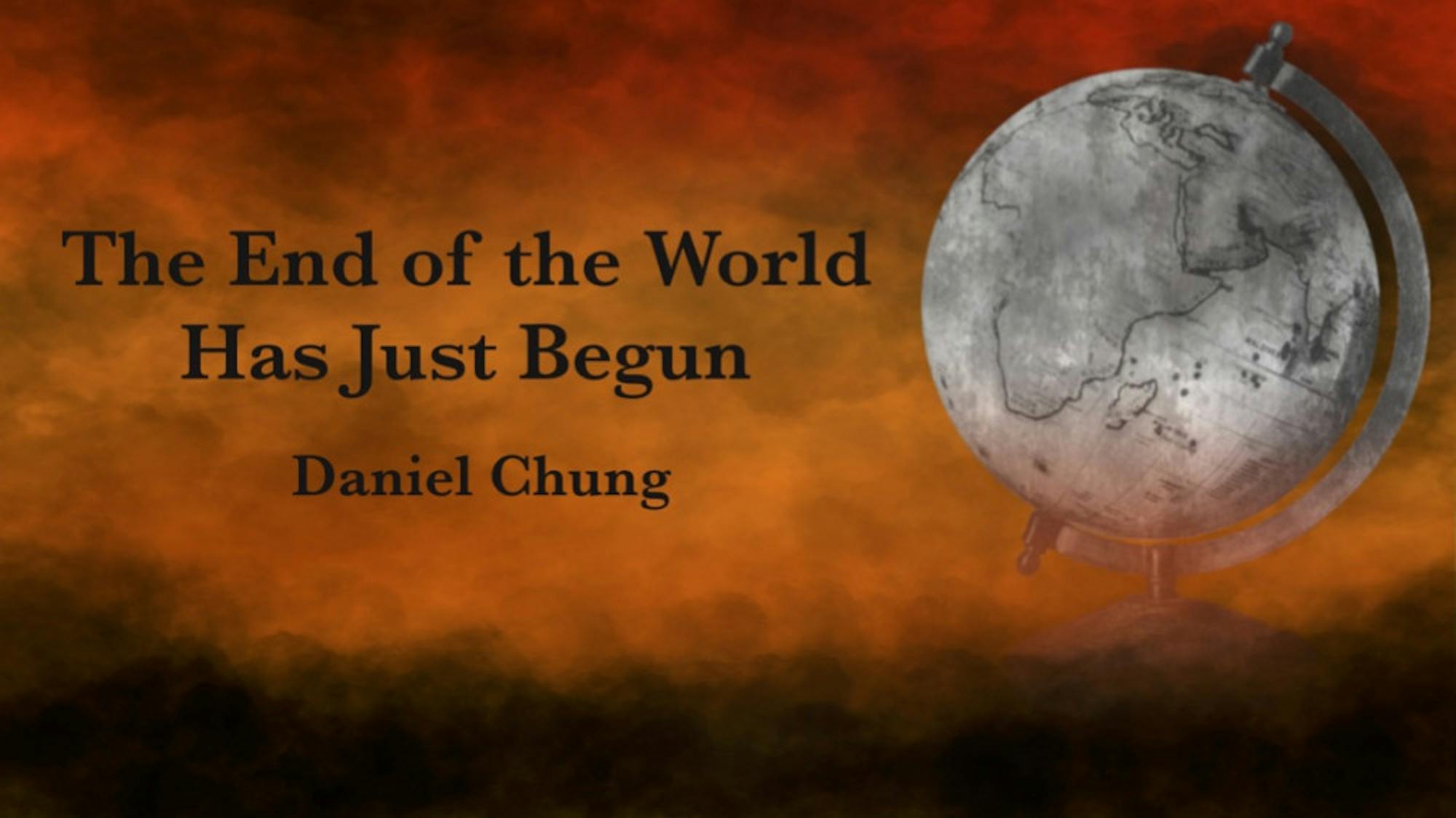Empires are built out of chaos, and when they fall, chaos often replaces them. As we soon may learn, this lesson applies to Russia and its periphery. Ever since the 19th century, Moscow has ruled over the Caucasus mountains, much of Central Asia and its Far East territories, and to this day has remained the regional security guarantor in the post-Cold War era. But now, ever since the Russia-Ukraine war exposed the weaknesses of Russian military force, its authority in the region has significantly deteriorated. Unfortunately, it is likely that this slackening will only lead to intensified geopolitical competition. Besides the Caucasus and potential internal security problems, the Central Asian states are where this is most likely to occur.
Two major shifts in regional politics happened last year which point toward this. First, despite allowing Russian Collective Security Treaty Organization troops into the country, Kazakh President Kassym-Jomart Tokayev has rebuffed the invasion of Ukraine, even engaging Kazakhstan in a spat with Russia, limiting exchanges of energy resources. Secondly, through the last year, conflict at the Kyrgyzstan-Tajikistan border flared up again with intermittent clashes. Although none of this signals a clean break with Moscow, both incidents prove that Russia’s ability to maintain the order of regional politics entirely according to its preferences has more or less vanished.
In the wake of increasing expressions of independent geopolitical interests against Russian regional domination, foreign powers from abroad are likely to become invested in increasing their power by striking deals with local states. The United States is not likely to formulate a coherent strategy for Central Asia; the most that the U.S. footprint has extended to in recent decades was building out support for its Afghanistan operation and offering a measly $25 million investment. This leaves five other powers to contest influence over the region: China, Turkey, India, Iran and, of course, Russia.
Each of those states has different reasons for wishing to exert control over Central Asia. Russia’s concerns are likely the most existential, as the Kievan Rus’ was invaded centuries ago by the Mongols by accessing what is now Kazakhstan, so Russia has been insecure about maintaining its effective southern border ever since. Iran seems to be pursuing Central Asian ties to reduce its diplomatic isolation and to create a trade route for Central Asian and Chinese goods into Europe that does not depend on Russia. China and India both entered into Central Asia diplomatically for security purposes, but, like Iran, they both seem to see economic benefits in continued investment in the region. This is especially important for China, with an aging population whose economic prosperity depends on foreign markets for goods that can no longer be consumed domestically. Likewise, Turkey has pursued economic integration with the region, as well as increased cultural ties.
The mere quest for influence does not mean that a struggle among the sponsoring powers over Central Asia is imminent anytime soon. However, as Russian primacy and the regional order fades, and with the promise of more conflicts like the Kyrgyzstan-Tajikistan situation on the horizon and foreign actors taking sides in supplying arms, entanglement remains a potential problem. And of course, as each state seeks to solidify the gains it has made in the region, the temptation will remain strong to create a preferential local economic order, leading to attempts to kick others out of Central Asia and some resulting, at least economic, conflict. Of course, this all fails to mention that although Russia’s star seems to be fading, it still has the strong urge to maintain control of its perception abroad, and, as demonstrated by its invasion of Ukraine and threats to use nuclear weapons, it won’t hesitate to go the distance to maintain what control it still has.





